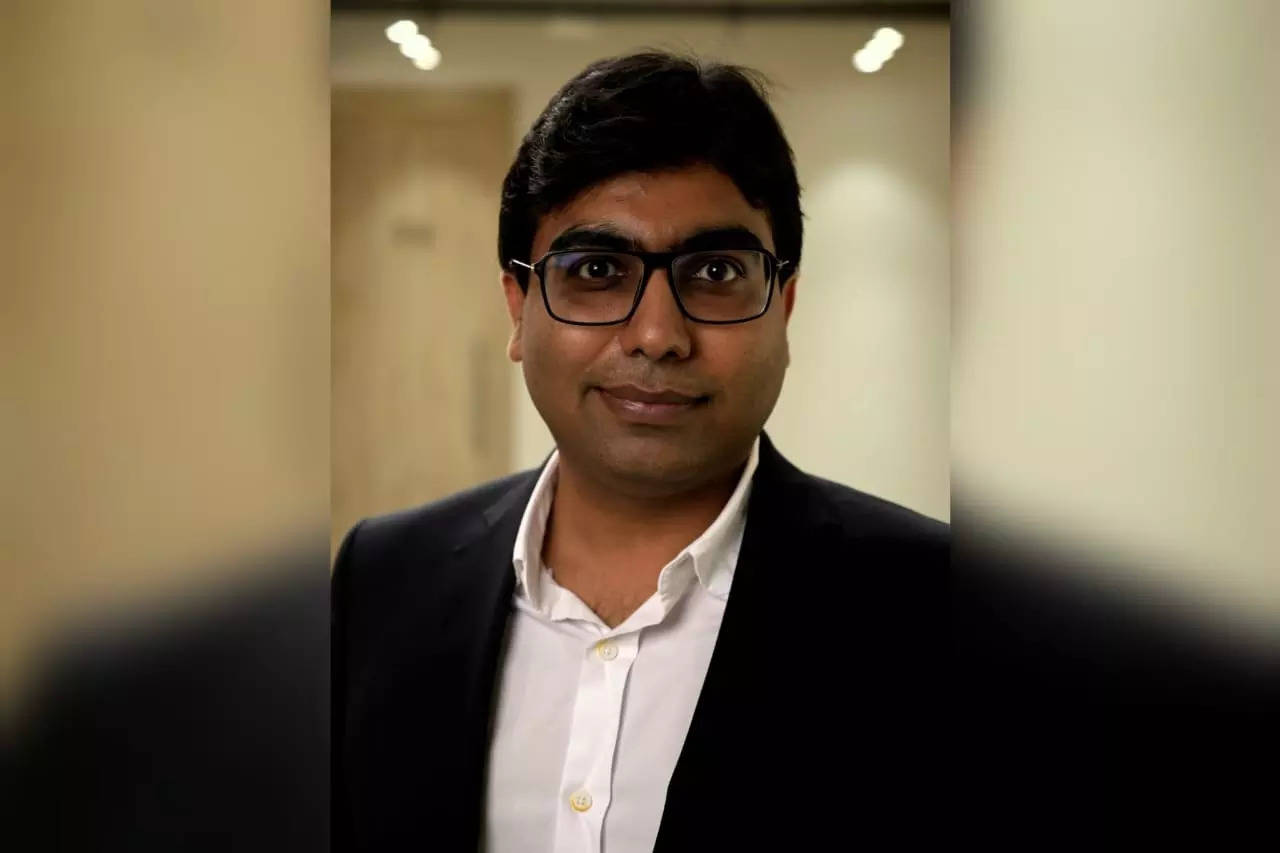[ad_1]

Patel Engineering, a major player in infrastructure and construction services, is targeting a top-line growth of around 10 per cent for the current year, with expectations of further increases in subsequent years, said the company’s acting Chief Financial Officer (CFO), Rahul Agarwal.
The CFO stressed that the company is focused on maintaining profitability through a combination of cost management and reduced interest expenses due to significant debt reduction over the past few years.
“We aim to maintain growth without increasing our debt levels. Our strategy includes reducing term debt to zero over the next two to three years while managing working capital limits effectively,” Agarwal told ETCFO.
Agarwal highlighted that interest costs have also come down drastically. Peak debt was over Rs 5,000 crore around seven or eight years ago and has now reduced to Rs 1,500 crore. Looking at various steps and measures taken by the company to monetise non-core assets, including real estate and arbitration awards, Patel Engineering is now in a healthy debt position with a debt-equity ratio of around 0.42. The company expects to continue improving this position going forward, the CFO added.
Regarding bottom-line targets, Agarwal noted that there isn’t a specific target set. “Our EBITDA margin is around 14 per cent. With similar EBITDA margins maintained and interest costs decreasing, we expect the bottom line to improve,” he said.
Despite aiming for a 10 per cent growth this year and around 15-20 per cent next year, Patel Engineering does not anticipate an increase in debt. The plan is to reduce term debt of around Rs 600-650 crore to zero in the next two to three years.
Any additional funding needs will be met through working capital limits, such as cash credit or overdraft limits, depending on project requirements. “We strive for a sustainable growth model where our revenue increases translate directly into improved margins and stakeholder value,” Agarwal said.
Strategic Focus on Infrastructure Projects
The company’s order book stands at approximately Rs 18,000 crores, nearly doubling in the last five years. With substantial government investment in infrastructure, Patel Engineering is well-positioned to capitalise on this growth. The current order book is predominantly government-funded, with 95-98 per cent of projects coming from central public sector undertakings (PSUs) and state governments.
Major focus areas include hydropower, irrigation, tunneling, and pump storage projects. Agarwal highlighted the company’s strong market share in hydropower, with around 30,000 megawatts of projects expected to come up. Additionally, the government’s focus on pump storage projects, estimated at 60 gigawatts, presents significant opportunities. “We expect to bid for around Rs 50,000 crore of work in the next year, targeting to secure Rs 10,000 to Rs 15,000 crore of new projects,” Agarwal noted.
Technological Innovations and Cost Management
In the realm of technology, Patel Engineering has implemented SAP across its project sites and introduced innovative systems like the tower built-in crane system to enhance productivity and reduce environmental impact. Agarwal stressed that the company is continuously exploring new technologies globally to stay ahead in the industry. “Adopting technology such as artificial intelligence (AI) to improve reporting and efficiency is key. We also focus on cost management by treating every expenditure as if it were our own company’s,” he said.
Challenges and Opportunities in Government Contracts
Despite improvements in government project management, Agarwal noted that there are areas where further efficiency could be achieved, particularly in aligning new technologies between government agencies and contractors. “While the transparency and fairness in government contracts have improved, there’s always room for better alignment in technology implementation,” Agarwal added.
Future of Infrastructure and ESG Commitment
Looking ahead, Agarwal sees significant opportunities in infrastructure as India aims to become a $5 trillion economy. Patel Engineering is also committed to environmental, social, and governance (ESG) goals, focusing on improving local livelihoods and reducing environmental impact through sustainable practices. “We aim to contribute positively to both social and environmental aspects of our projects, ensuring that our growth aligns with our responsibility towards society and the planet,” Agarwal concluded.
Talent Management and Internships
Regarding talent management, Agarwal mentioned that Patel Engineering is evaluating new internship policies to assess their feasibility. He acknowledged the challenges of accommodating large numbers of interns but emphasized the company’s commitment to exploring such opportunities as they develop.
As Patel Engineering moves forward, it remains focused on leveraging its strong government relationships, technological advancements, and commitment to sustainable growth to drive success in the infrastructure sector.
[ad_2]


